When I play with my cat, who knows if I am not a pastime to her more than she is to me?
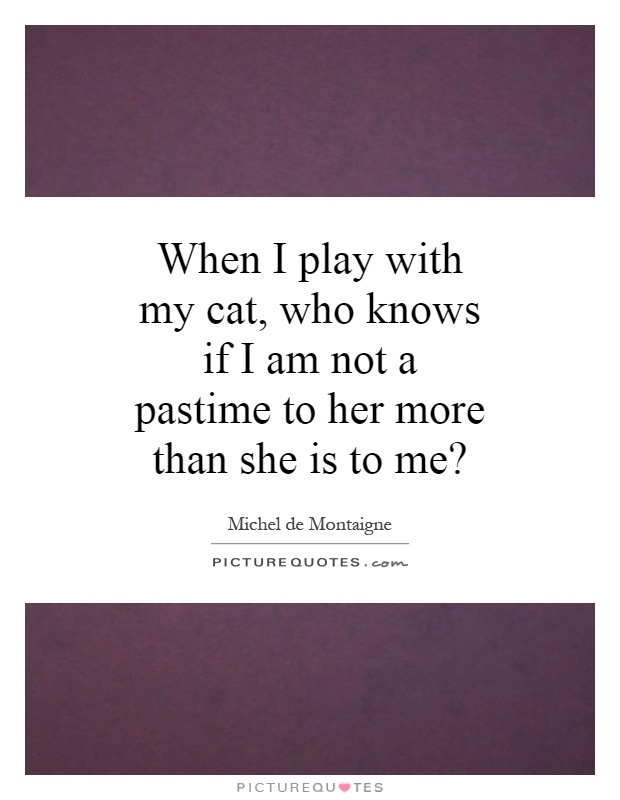
When I play with my cat, who knows if I am not a pastime to her more than she is to me?
Michel de Montaigne, a French philosopher and essayist from the 16th century, was known for his introspective and philosophical writings. One of his most famous quotes, "When I play with my cat, who knows if I am not a pastime to her more than she is to me?" reflects his deep contemplation on the nature of human relationships and the interconnectedness of all living beings.Montaigne's musings on the relationship between humans and animals are both profound and thought-provoking. In this particular quote, he raises the question of whether our interactions with animals are purely for our own amusement or if there is a deeper connection that we may not fully understand. By playing with his cat, Montaigne is acknowledging the possibility that the cat may see him as nothing more than a source of entertainment, just as he sees the cat.
This quote also speaks to the idea of perspective and how our perceptions of the world around us may be limited by our own biases and preconceptions. Montaigne suggests that we may never truly know the thoughts and feelings of another being, whether human or animal, and that our interactions with them are colored by our own interpretations and assumptions.
Furthermore, Montaigne's quote highlights the inherent mystery and complexity of the relationships we form with other beings. While we may think we understand our pets or other animals, there is always a level of uncertainty and unknowability that exists between us. This idea challenges us to approach our interactions with humility and openness, recognizing that there is always more to learn and discover about the world and the creatures that inhabit it.
Overall, Montaigne's quote serves as a reminder of the interconnectedness of all living beings and the importance of approaching our relationships with curiosity, empathy, and a willingness to see beyond our own perspectives. It encourages us to consider the possibility that we may be just as much a source of amusement to our pets as they are to us, and to approach our interactions with a sense of wonder and humility.

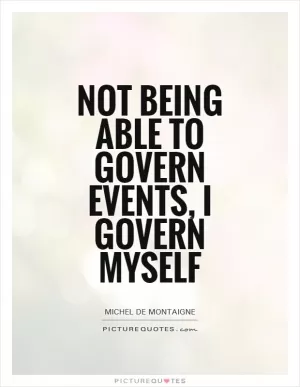
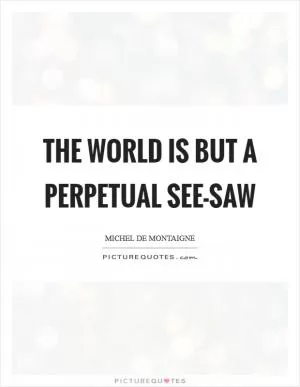

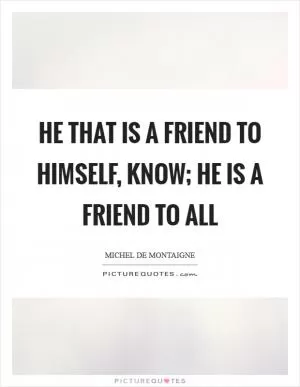

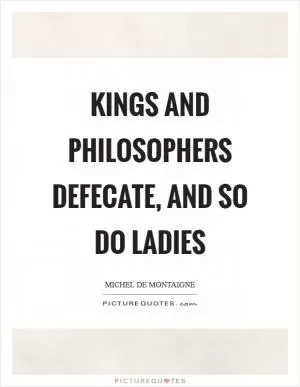
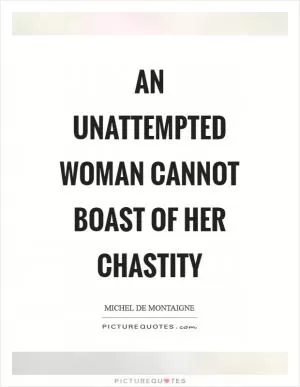
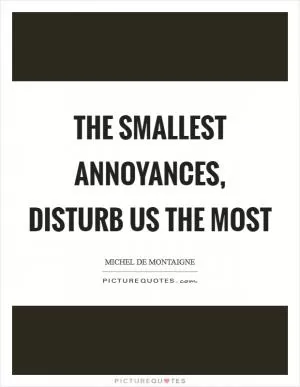
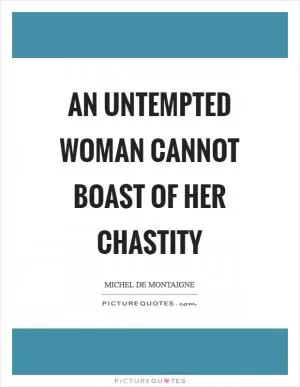
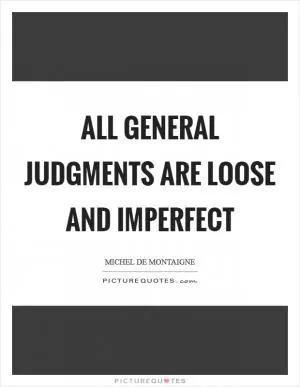
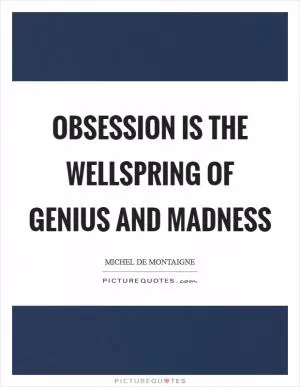
 Friendship Quotes
Friendship Quotes Love Quotes
Love Quotes Life Quotes
Life Quotes Funny Quotes
Funny Quotes Motivational Quotes
Motivational Quotes Inspirational Quotes
Inspirational Quotes